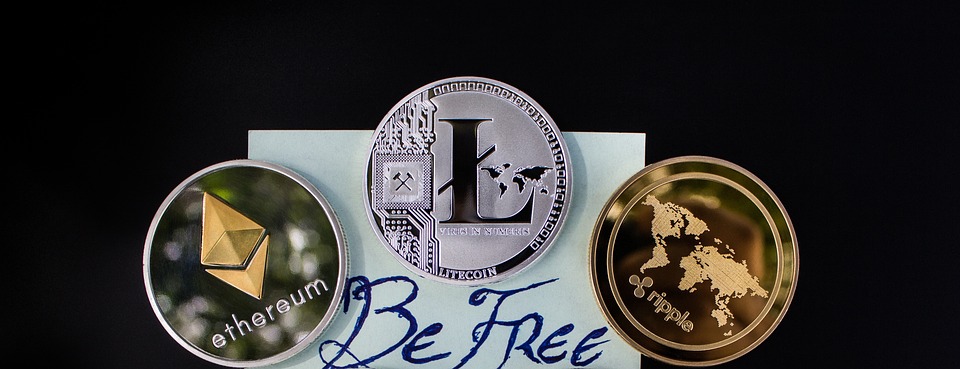The rise of cryptocurrency has challenged traditional financial systems, making transactions faster and more accessible than ever before. However, this same innovation also presents unique challenges when it comes to regulatory compliance. As digital currencies operate beyond geographical limitations, international compliance standards are crucial to ensuring that this burgeoning market operates within the legal frameworks of various jurisdictions. This article explores the current landscape of international compliance standards for cryptocurrency, the challenges it presents, and the potential pathways for global cooperation.
The Need for Compliance Standards
Protecting Investors and Consumers
With the increasing adoption of cryptocurrencies, it has become paramount to protect investors and consumers from fraud, manipulation, and other risks associated with these volatile assets. Clear compliance standards can help establish a system of trust, guiding users in safely engaging with cryptocurrencies and mitigating potential losses.
Preventing Financial Crime
Cryptocurrencies have often been associated with illicit activities including money laundering, tax evasion, and terrorist financing. Establishing international compliance standards can deter such activities, allowing law enforcement agencies to more effectively combat financial crimes that utilize digital currencies.
Fostering Market Stability
As cryptocurrencies gain mainstream acceptance, a lack of coherent compliance standards could lead to market instability. By fostering a harmonized regulatory approach, countries can promote healthier market practices and instill confidence among investors, further legitimizing the cryptocurrency space.
Existing Regulatory Frameworks
Financial Action Task Force (FATF)
One of the leading international bodies concerned with compliance in the crypto space is the Financial Action Task Force (FATF). In 2019, the FATF issued guidelines known as the “Travel Rule,” which mandates that virtual asset service providers (VASPs) share customer information during transactions. This guideline seeks to apply existing anti-money laundering (AML) and counter-terrorist financing (CFT) standards to the world of cryptocurrencies.
G20 and Baseline Regulations
The G20 has also recognized the need for a universal regulatory framework for cryptocurrencies. In 2020, during a meeting in Saudi Arabia, leaders discussed the potential for baseline regulations to address risks while balancing innovation. Recommendations included improving cross-border cooperation and data sharing among regulators to effectively monitor and manage cryptocurrency transactions.
International Organization of Securities Commissions (IOSCO)
IOSCO, which comprises securities regulators from around the world, is also looking to establish guidelines specific to digital assets. Various IOSCO members are working to create a framework that incorporates best practices around disclosure, governance, and market integrity for digital assets.
Challenges to International Compliance
Jurisdictional Ambiguities
Cryptocurrency’s borderless nature complicates compliance as regulatory frameworks differ significantly from one jurisdiction to another. What is permissible in one country may be deemed illegal in another, creating a patchwork of regulations that can be difficult to navigate for global cryptocurrency businesses.
Technological Innovation Outpacing Regulation
The fast-paced evolution of cryptocurrency technology, including decentralized finance (DeFi) platforms and non-fungible tokens (NFTs), often outstrips the ability of regulators to craft appropriate responses. This gap can lead to uncertainty and regulatory arbitrage as companies may seek out jurisdictions with lax regulations.
Resistance from Stakeholders
Certain stakeholders within the crypto ecosystem, including developers and enthusiasts, may resist compliance measures that they perceive as restrictive or contrary to the ethos of decentralization. This resistance can pose challenges to forging a consensus on standards that all parties are willing to adhere to.
The Path Forward: Collaborative Efforts
Global Regulatory Cooperation
To foster effective international compliance standards, increased collaboration among regulatory bodies is essential. Information sharing, joint initiatives, and mutual recognition of standards can help bridge jurisdictional divides and create a more cohesive regulatory environment.
Developing Technology-Driven Solutions
Innovative technologies such as blockchain analytics can offer regulators tools to detect illicit activities within the cryptocurrency space. By adopting advanced technologies, regulatory bodies can enhance their compliance efforts without stifling innovation.
Engaging with the Cryptocurrency Industry
Engaging with industry stakeholders will be critical in developing compliance standards that are both effective and practical. By working together, regulators and industry leaders can craft guidelines that foster both safety and innovation.
Conclusion
As the international cryptocurrency marketplace continues to expand, the importance of establishing coherent compliance standards cannot be overstated. While challenges remain, the collaborative efforts of global regulatory bodies, the use of advanced technology, and active engagement with industry stakeholders can pave the way toward a robust framework for cryptocurrency regulation. Ultimately, the goal is to strike a balance that not only protects consumers and prevents financial crime but also encourages innovation in this thrilling new frontier of finance, allowing us all to venture Beyond Borders.




